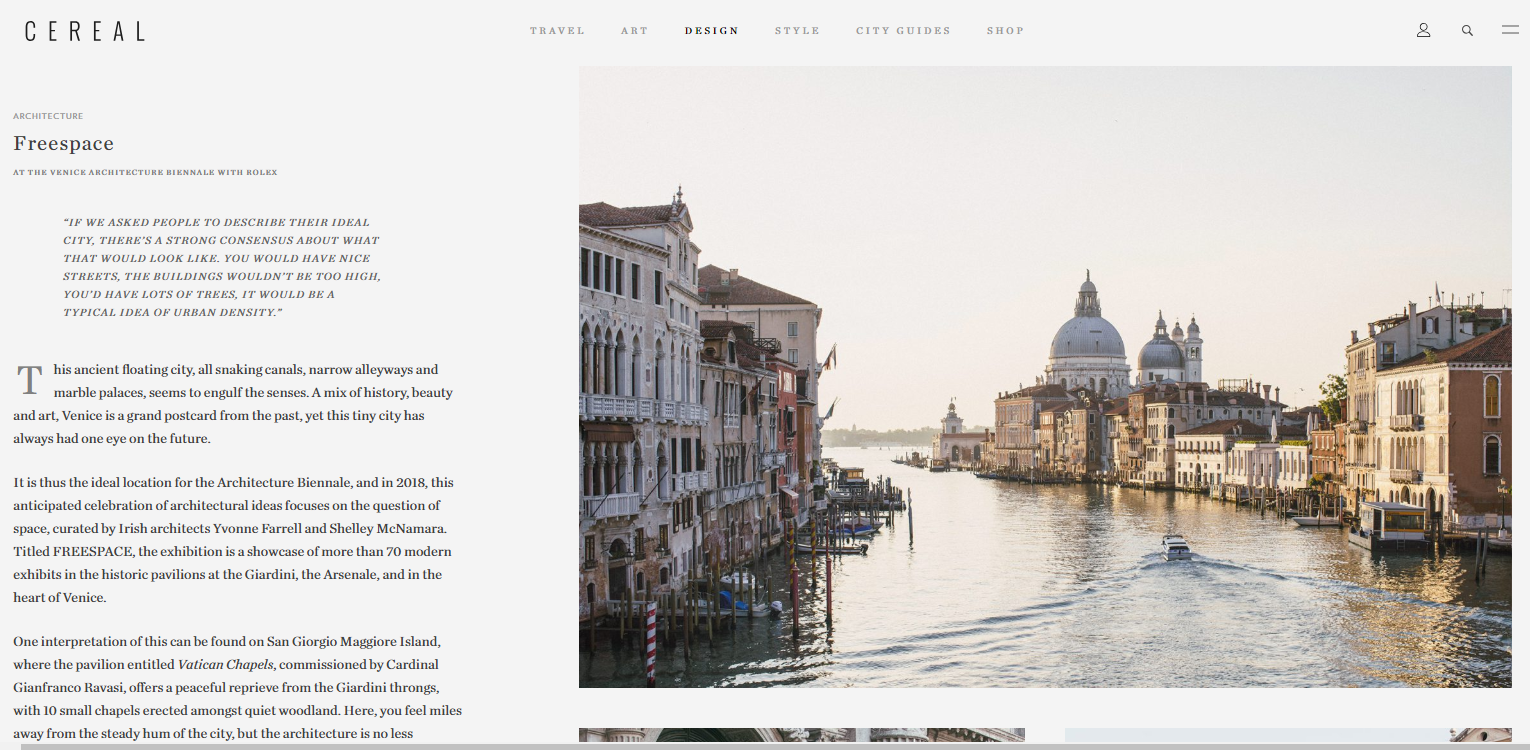Russh: Jarvis Cocker
“The important part of the human condition is the imaginative function,” says Jarvis Cocker softly in PULP: A Film About Life, Death & Supermarkets, “and surroundings don’t make that much difference I don’t think. It’s what’s going on in your head that really counts.”
From gangly misfit to one of the most cherished figures in British popular culture, Cocker has always been a dreamer. As an awkward, girl-shy 15-year-old in Sheffield, he started a band, PULP, who were mainstays on music’s fringes until the 90s when their kitchen-sink pop and Cocker’s sharp lyrical observations about sex, relationships and the working class made them superstars. Once the quintessential outsider, Cocker – with his bookish wit, signature specs and angular dance moves – became a bonafide pop star with the release of their seminal album, Different Class.
Directed by New Zealand filmmaker Florian Habicht, the film follows Cocker and co. back to Sheffield on the eve of their hometown swan song in December 2012. Habicht bypasses the standard biographical rock-doc route, instead weaving together a beguiling portrait of a frontman, his band and the people who inhabit the city.
He phones from Heathrow Airport (“I suppose strictly speaking, I am in London,” he says, when I ask where he is, “though spiritually, I have already left”) to chat about bar graphs, the importance of boredom and why he’s never stopped dreaming.



